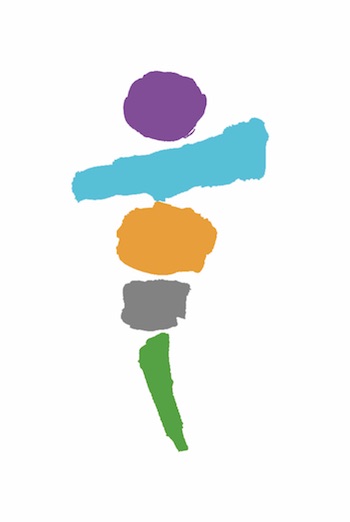An ongoing part of my practice is to research themes in contemporary psychotherapeutic theory and practice, to deepen integration, to develop new approaches, and to articulate the details of my approach.
The following themes are some of my current research interests. I hope that these will eventually be articulated in writing and speaking. I also wonder about offering trainings including CPD (CE) on some of these areas.
On Highly Sensitive Persons and Attachment
Following Elaine Aron’s work on Highly Sensitive Persons (HSPs) in psychotherapy (Aron (1999)), this has become a professional speciality of mine. One aspect of which, fascinates me and seems to call for further integration, and theoretical and experiential exploration, viz. How the HSP trait influences and impacts on attachment and how our assumptions about such an effect may be inaccurate.
An entropic view of psychotherapeutic process and the relational field
How can the concept of entropy, as a way to understand and measure disorganisation in physical systems, illuminate the ways we conceptualise psychotherapeutic process in psychological systems, and with it, integration, change and the conscious and unconscious aspects of being?
On object seeking
A proposal to renew the theoretical orientation of the Independent Group analysts that object seeking predominates over drive gratification. As we encounter object seeking in therapeutic relationships how do we recognise it, meet it, work with it, honour it and include it? What are the clinical implications for analytic practice of doing so? And what are the edges in offering oneself for object use. In this work I propose that object seeking is a fundamental aspect of psychotherapeutic work and of being human, so we might do well as psychotherapists to engage with it consciously in therapeutic relationships. And how can we each be more explicit and conscious of the analytic process from encountering object seeking to inviting meeting reality, the analyst as a subject, intersubjectivity, the third, the relational space between the analyst and the patient and the development of the capacity to experience and offer love in the analytic situation.
On psychotherapy as performance and the psychotherapist as performer
How might the disciplines of psychotherapy and performance inform each other in practice? Exploring the relational aspects of both (and the extent to which a ‘fourth wall’ may or may not be present in psychotherapy). What is it for a psychotherapist to allow themselves to be a witness and to be witnessed (following the Discipline of Authentic Movement (Adler)) on the ‘intersubjective stage’? How can the analytic relationship be perceived as a co-created intersubjective performance and what if it is? I am particularly interested in improvisation in its relevance to psychotherapeutic/analytic process and consequently the usefulness of ‘scores’ (frameworks for improvisation) in orienting towards process in the analytic situation.
Furthermore, how can the relational analytic process be conceived as a choreography and how does doing so inform us about the ‘dance’ of relationship?
On psychogeography in the psychological landscape
How might the practice and theory of the dérive frame psychotherapeutic process. How can a relational walking arts practice support a conceptualisation of a psychotherapeutic wandering through conscious and unconscious realms in the analytic situation.
Towards a letting go of dogma and routine in psychotherapy
How might we cultivate the attitudes that support a welcoming of whatever is in the analytic situation, rather than resorting to what we already know? Or, how do we support ourselves in not knowing while knowing?
